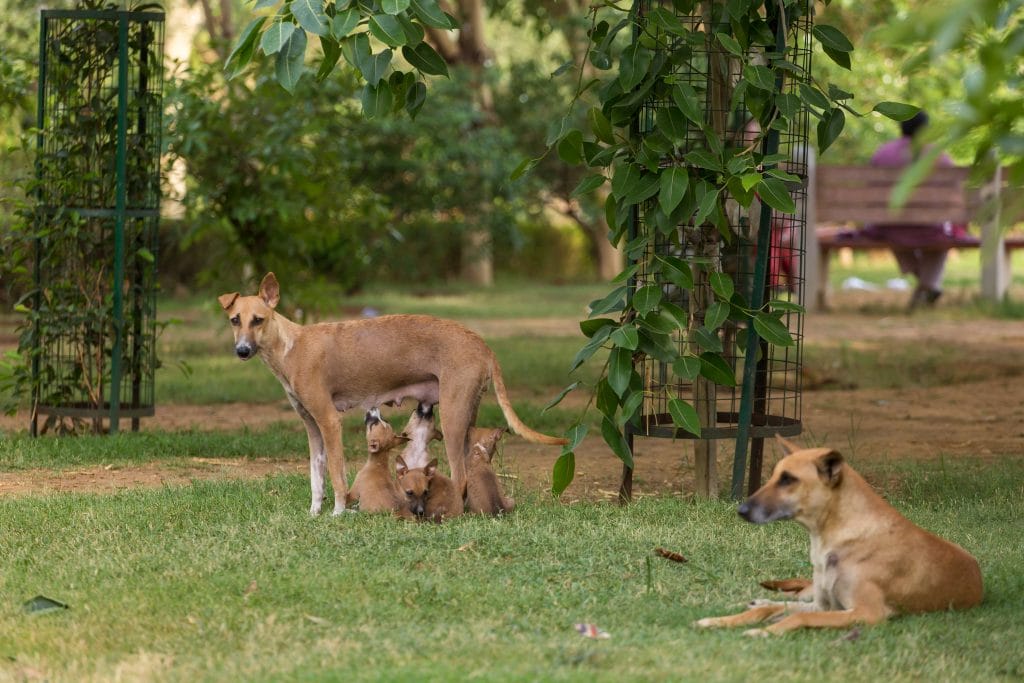
2019 had barely begun before reports of an American woman who died of rabies after returning from India hit headlines. She was infected in Rishikesh, when a puppy bit her outside her hotel.
The incident served to remind us that rabies continues to be a public health scourge in India, which accounts for more than one-third of the world’s rabies deaths. Every year, 20,847 people die in India from the disease. Yet the disease is entirely vaccine-preventable.As previously reported by Health Issues India, rabies incurs a high mortality rate. In 2017, it killed every person it came into contact with.
A four-shot course of an anti-rabies vaccine and rabies immunoglobulin – both of which are produced within India – is the standard treatment. However, there are many obstacles to accessing it: gaps in the supply chain leading to shortages in public hospitals, the cost of availing the vaccine and immunoglobulin from private providers, and a lengthy incubation period which can frustrate timely diagnosis and treatment. This has led to an overall vaccine shortage, of twenty to eighty percent in nearly every state and union territory.
One measure to address gaps in the supply chain has been proposed by the Government in recent days: to cap or ban exports of the rabies vaccine. The Times of India has reported that the Union Ministry of Health and Family Welfare has devised a proposal, submitted it for legal vetting and intends to notify it once it receives approval.
According to Livemint, manufacturers of the rabies vaccine in Indian – which include Bharat Biotech, India Immunologicals and the Serum Institute of India – will be able to export only thirty percent of the vaccines they produce,. The remainder will be reserved for use domestically. The companies in question produce fifty million doses of rabies vaccine annually, which would satiate Indian demand for 48 million doses.
Livemint notes that meetings have been held with rabies vaccine manufacturers by both the Union Health Ministry and the Directorate General of Health Services, to implore prioritisation of the domestic market over foreign markets, including Bangladesh and Turkey. It has been suggested that the manufacturers are reluctant to do so as the vaccine fetches a higher price abroad, thus influencing the Health Ministry’s decision to curtail exports. The ToI notes that a government-issued tender for procurement of the rabies vaccine failed to solicit a response from any of the five companies which manufacture the vaccine in India.
This can be seen as a clear case of business interest taking over public interest. Even as corporates are more concerned over the vaccine’s higher value outside the country it is important for the government to act sternly in favour of the common people and curb rabies vaccine exports.

